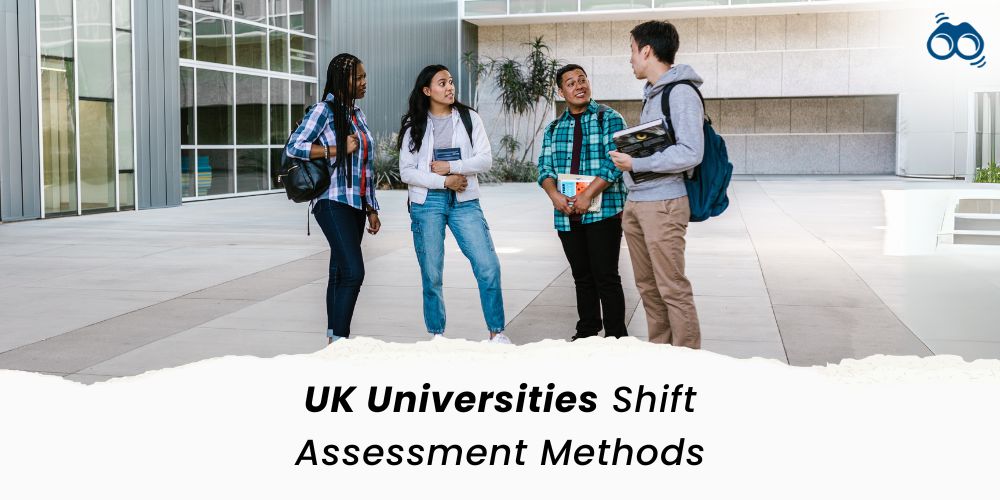Oxford and Cambridge Lead the Way in Adopting Inclusive Assessments
Inclusive Assessment Approaches Gain Momentum in UK Universities
Education systems worldwide must adopt proactive approaches to ensure that learning experiences are fair and accessible for all students. One of the most effective methods to achieve this is inclusive assessment, which is designed to provide equal opportunities for students, regardless of their diverse backgrounds, abilities, or needs. In line with this, top UK universities, including Oxford and Cambridge, have moved away from traditional exam formats in favour of more inclusive assessments, such as open-book tests or take-home papers, rather than in-person, unseen exams. This shift aims to help reduce awarding gaps and ensure that all students have the chance to succeed.
The shift is part of the Access and Participation Plans (APP) introduced by the Office for Students, requiring universities to charge full tuition fees to support disadvantaged students. The University of Cambridge's APP aims to reduce "awarding gaps" and improve outcomes for Black British and British Bangladeshi students by changing assessment formats. Universities are under pressure to address disparities in first-class and 2:i degrees awarded, with data showing an 11% gap between advantaged and disadvantaged students and a 22% gap between white and black students. Research indicates that non-traditional assessment formats can reduce these gaps, as tutors believe conventional methods disadvantage ethnic minorities, less wealthy students, and those with mental health issues or disabilities.
The plans, supported by the Office for Students and under consideration by Russell Group institutions, have been criticized by Tory MP Richard Holden, who argued that all students can thrive in a rigorous academic environment without "dumbing down" courses. Former education minister Sir John Hayes called the shift "deeply insulting" to minority students, claiming it would "undermine the integrity" of assessments. A spokesman for the Office for Students defended the decision, noting that some students are more likely to receive lower grades despite similar prior academic performance. He explained that universities should trial changes in grading methods where current assessments may not be fair, assuring that the changes would maintain academic robustness, and credibility, and accurately reflect students' hard work.
The move towards inclusive assessments represents a commitment to fairness and equity in education, aiming to bridge the gap and support all students in achieving their potential.
Editor's Note:
The shift towards inclusive assessments is a positive change that aims to make exams fairer for all students, regardless of their background or abilities. By using methods like open-book tests and take-home papers, universities can help reduce gaps in performance between different groups of students. This approach supports disadvantaged students and ensures everyone has a fair chance to succeed, while still maintaining the quality and rigour of academic qualifications.
Skoobuzz sees this change as a step towards creating a more equal and supportive educational environment for all.














0 Comments (Please Login To Continue)